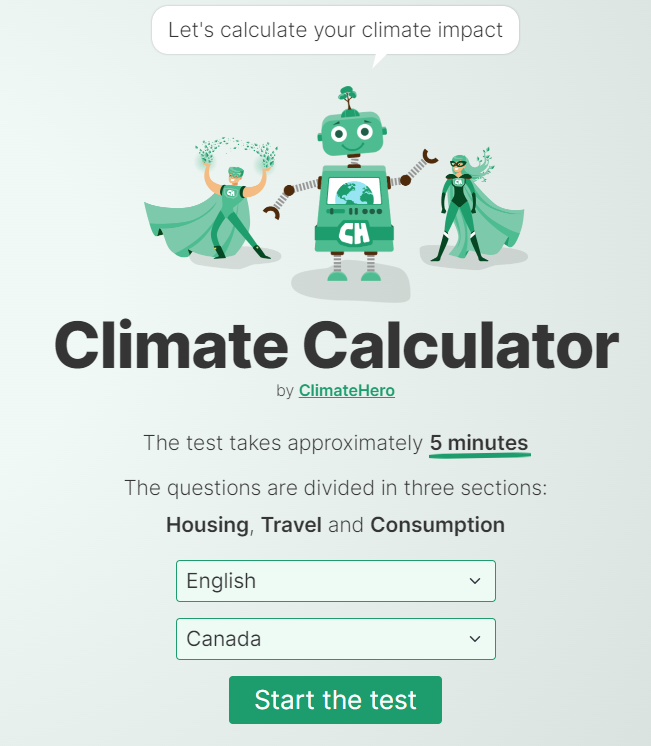
Blog #15 Knowledge is power: how sharing my dirty secret is making me a better professional
I’m mortified. Part of me doesn’t even want to share this story. Ok, a lot of me doesn’t want to share this story. But I know two things to be true: one, that to solve a problem, one first must admit to having a problem. Two, that I’m not the only one harbouring this dirty secret.
Let’s rewind.
Last week in my hometown of Alberta, Canada, the temperature dropped to around minus 40 degrees Celsius. The cold was unimaginable, and residents hunkered down in their homes to try and stay warm…until we were given an almighty shock via a government-issued warning message. We’d face rolling brownouts if we didn’t immediately reduce our consumption and pressure on the grid.
I dashed around my home, switching off every light switch, pulling out power cords and yanking curtains closed. At least I was warmer by the end of it! My fellow Albertans did the same, and we all got to keep our electricity going.
Turning off, unplugging, and reducing the use of electrical things that rarely even crossed my mind clearly had a massive impact on the electricity grid. What else was I doing unthinkingly that might be impacting my consumption?
That was when it all started to spill out. A good friend told me about the Climate Hero Carbon Calculator, a comprehensive quiz you take to figure out your carbon footprint by looking at your housing situation, travel habits and consumption.
I fired up the quiz. I almost immediately wished I hadn’t.
I cringed as I answered. Yes, I live in a freestanding house. Yes, I run air conditioning. Yes, we have a car. Yes, I fly short-haul for work. I got my results, and that’s when the mortification kicked in.
10.7 tons CO2 per year !!!!
You are a climate villain.
Oof.
I had two options: Bury the shame and pretend I’d never taken the quiz (tempting) or turn something bad into an opportunity for change. So here goes.
The quiz and the government warning came with some excellent tips to conserve power and reduce our environmental impact. I’m already working on some of them, like taking my bike to local meetings and walking or cycling with my children to school rather than driving them. It reduces our emissions and gets us out in nature for some quality time.
Others showed me blind spots, things that I didn’t even realize had an impact. So many of them are easy to change immediately: turn off and unplug appliances not in use. There is zero difference to me, yet a decent impact over time on my consumption. Consciously choose products made locally and without palm oil. It’s an easy switch; all it takes is a more deliberate reading of the packaging.
The biggest impact, though, comes from reducing travel. It’s no secret that I’m a loud proponent of trains and buses over short-haul flights, and this quiz showed me just how much of a difference reducing air travel can make.
My job is often about knowing a place intimately as quickly as possible. Being there in person is undeniably the best way to do that. But at what environmental cost?
I am pledging to travel by air much less from now on and do zero provincial air travel (deep breath). Alberta doesn’t have a great train system, and buses have to be booked a while in advance, so I know this resolution will mean a fair bit of inconvenience. But it’s worth it.
It will mean working closely with my clients to come up with creative ways that I can gain an understanding of their area with the bare minimum of air travel. It’s not going to be easy, but I need to practice what I preach. It will mean using technology to its full advantage to connect with people and places and being intentional about every journey to get the most out of each kilometre travelled.
The thing I’m most excited about is sharing what I’ve learned. Destination marketing organizations know that working with me results in a strategy that puts environmental impact front and center. The more I educate myself and put my learnings into practice personally, the more nuanced and inclusive my professional strategies become. The more challenges I face in working with these environmental principles, the more understanding I have of event attendees and locals alike and the better I can create solutions to serve them.
I can’t say I’m proud of my current carbon impact. But I am proud to use my knowledge to inform my decisions at home, while travelling, and at work. By making these changes, the quiz informs me I will slash my climate impact by more than half, from 10.7 tons CO2/ year to 5.2.
I hope that by being transparent and holding myself publicly accountable to change, I can encourage others to do so, too.
Have you taken the quiz? What are some action points you’re going to take to reduce your impact?
If you’d like to chat more about this topic or have me give a carbon instinct workshop to your organization, I’d love to hear from you!

